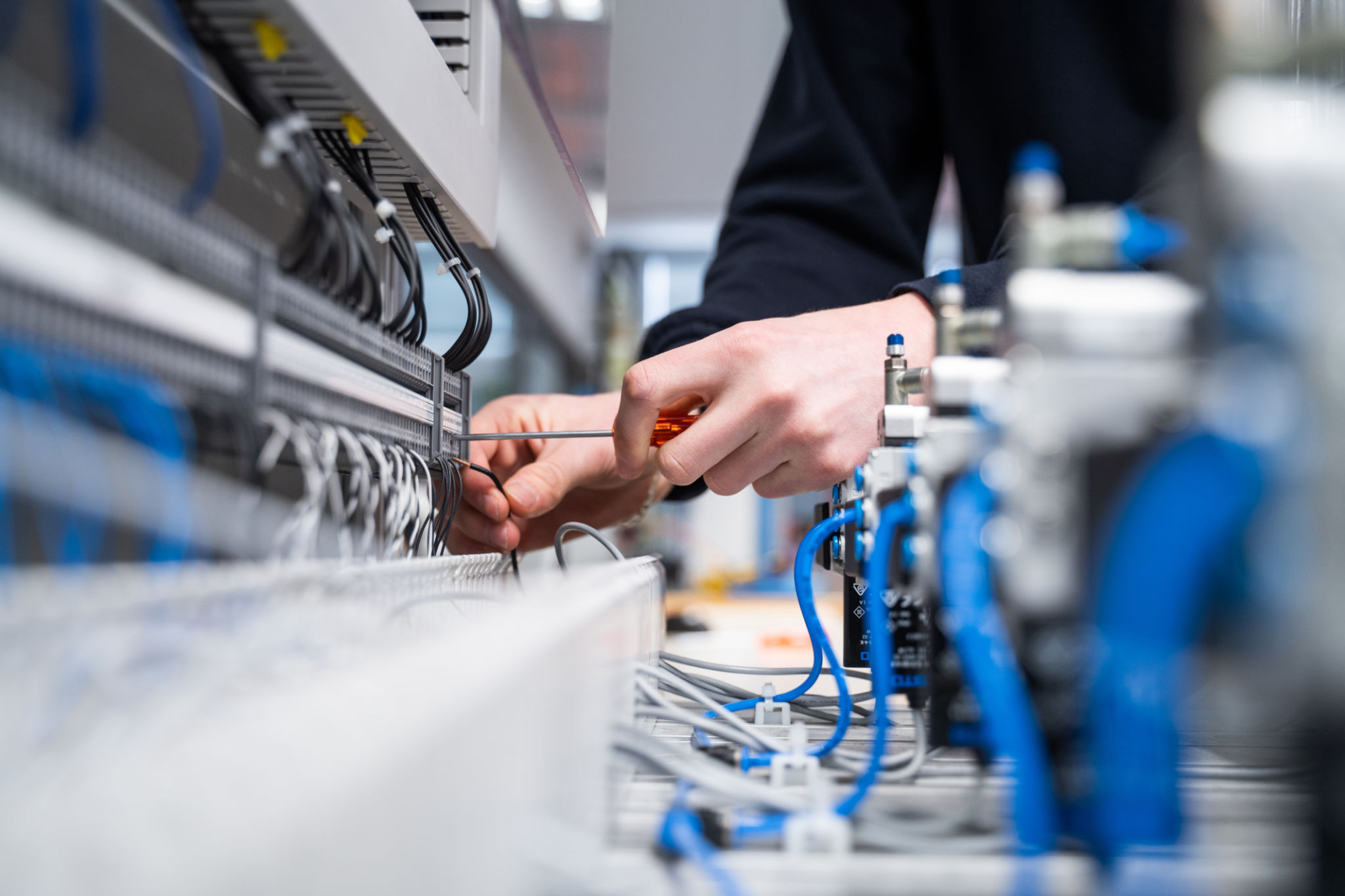How to Troubleshoot Common Electronic Issues at Home
Understanding Common Electronic Issues
In today's digital age, our homes are filled with various electronic devices. From smartphones to smart TVs, these gadgets are integral to our daily lives. However, when they malfunction, it can be frustrating. Fortunately, many common electronic issues can be troubleshooted at home. This guide will help you navigate some of the typical problems you might encounter.

Power Problems
One of the most frequent issues with electronics is power problems. If your device isn't turning on, start by checking the power source. Ensure that the device is plugged in properly and that the outlet is functioning. You can test the outlet by plugging in another device that you know works.
If your device uses batteries, check to see if they need replacing. For rechargeable devices, ensure that they have been charged sufficiently. Sometimes, a simple power reset can solve the problem. Turn off the device, unplug it, wait a few minutes, and then power it back on.
Connectivity Issues
Another common issue is connectivity problems, especially with Wi-Fi-enabled devices. If your device is not connecting to the internet, start by checking your router. Ensure that it is powered on and that the connection is stable.
Sometimes, restarting your router can resolve connectivity issues. Disconnect the power, wait for about 10 seconds, and then reconnect it. Additionally, check if your device's Wi-Fi settings are correct and that it is within range of the router. If none of these steps work, consider updating your device's software or firmware.

Software Glitches
Software glitches can cause your device to freeze or crash unexpectedly. If you experience this, try restarting the device. This can often resolve temporary software issues. Ensure that your device's software is up-to-date, as manufacturers frequently release updates to fix bugs and improve performance.
If the problem persists, consider deleting unnecessary files or apps that may be overloading the system. Perform a factory reset as a last resort, but remember to back up important data before doing so.
Audio and Video Troubles
Issues with audio and video are common in electronic devices like TVs and speakers. If you're experiencing no sound, check the volume settings and ensure that the device isn't muted. Verify that all cables are connected properly and aren't damaged.

When dealing with video issues, such as a blank screen or poor image quality, check the input settings on your TV or monitor. Ensure that the correct input source is selected and that all cables are secured properly. Sometimes adjusting the resolution settings can improve image quality.
Preventive Measures
Prevention is better than cure when it comes to electronics. Regular maintenance can help avoid many common issues. Keep your devices clean and dust-free to prevent overheating and hardware failures.
Additionally, invest in surge protectors to safeguard your electronics from power surges. Regularly update software and firmware to ensure optimal performance and security.
Conclusion
Troubleshooting common electronic issues at home doesn't have to be daunting. By following these simple steps, you can often resolve problems without professional help. Remember, if an issue persists despite your best efforts, it may be time to consult a professional repair service.